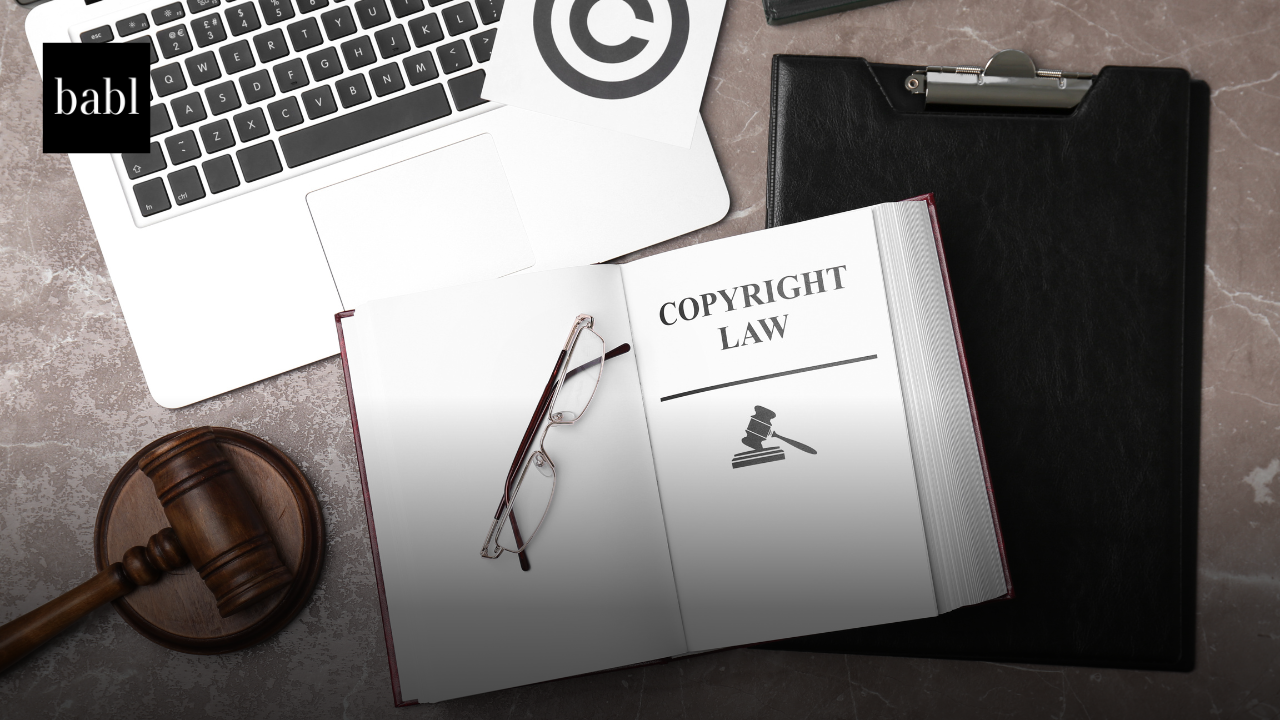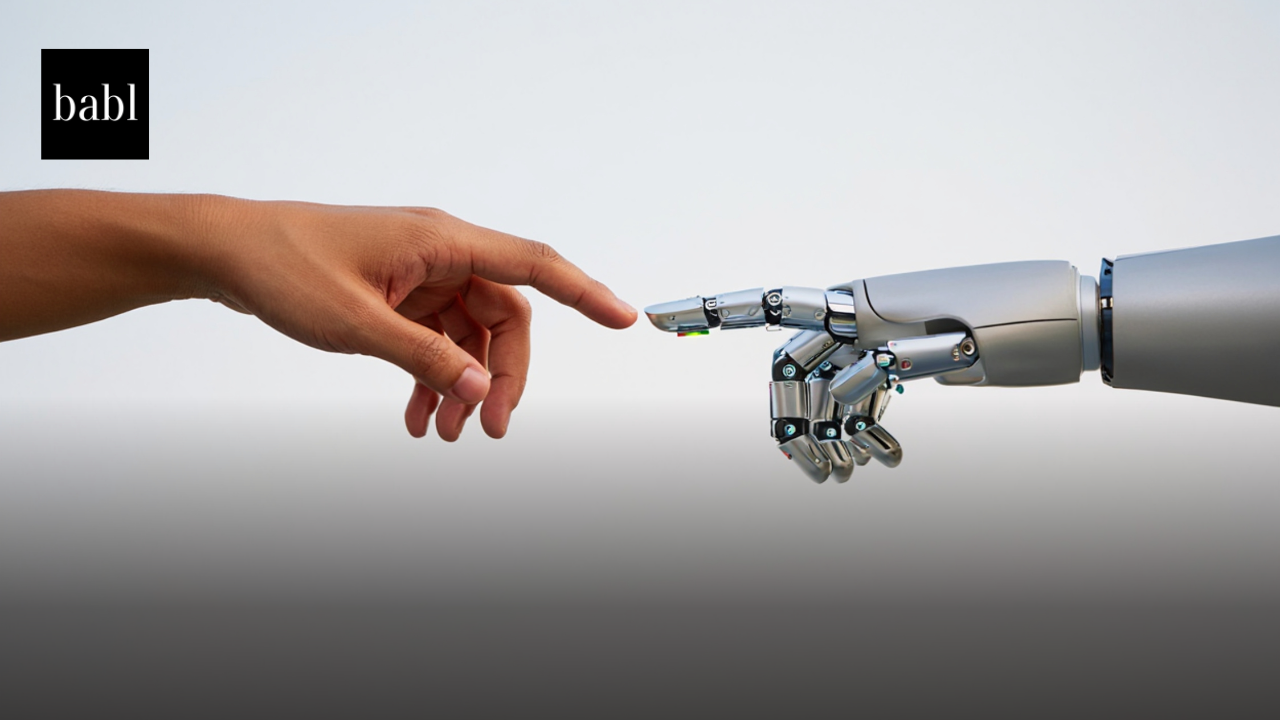UPDATE — AUGUST 2025: The U.S. Copyright Office’s first report on AI and copyright, released in July 2024, focused on unauthorized “digital replicas” and recommended new federal legislation to protect individuals’ voices, images, and likenesses from AI-generated misuse. While the September 9, 2024, comment deadline for this portion has passed, the initiative remains active.
Since then, the Office has expanded its work with two additional reports: Part 2 (January 29, 2025) concluded that existing copyright law adequately addresses the copyrightability of AI-assisted works, provided there is sufficient human authorship. Part 3 (May 9, 2025) examined the use of copyrighted materials in AI training, warning that not all uses qualify as fair use and encouraging the growth of licensing markets rather than immediate legislative changes. The recommendations for a federal law targeting realistic, unauthorized digital replicas remain part of the Office’s ongoing agenda, now contextualized within a broader, multi-part examination of AI and copyright.
ORIGINAL NEWS STORY:
U.S. Copyright Office Proposes Comprehensive Federal Law to Protect Against Misuse of Digital Replicas
The U.S. Copyright Office has released the first part of its comprehensive report on the intersection of copyright law and artificial intelligence (AI), focusing on the challenges posed by digital replicas. This report, part of a broader initiative announced earlier in 2023, addresses the increasing use of generative AI to create digital replicas of individuals’ voices, images, and likenesses. Such technology has raised significant legal and ethical concerns, prompting calls for new federal legislation to protect individuals from unauthorized digital replicas.
The use of AI to generate realistic digital replicas, often referred to as “deepfakes,” has become more prevalent. These digital replicas can range from voice and image impersonations of celebrities and public figures to unauthorized uses of private individuals’ likenesses. The U.S. Copyright Office’s report underscores the potential harm caused by these replicas, particularly when they are used without the individual’s consent. These harms include loss of income, damage to reputation, and emotional distress.
A prominent example cited in the report is the case of the “Fake Drake” song, which featured AI-generated vocals mimicking the voices of artists Drake and The Weeknd. The song, which went viral on social media, was created without the artists’ knowledge or permission, highlighting the ease with which such digital replicas can be produced and distributed. Given the inadequacy of existing state and federal laws to address these issues comprehensively, the U.S. Copyright Office recommends the enactment of new federal legislation. This proposed law would specifically target unauthorized digital replicas, whether generated by AI or other technologies, that are so realistic they are difficult to distinguish from genuine depictions. The legislation would aim to provide consistent protection across the United States, covering all individuals, not just public figures or those with commercially valuable personas.
Federal Action on Unauthorized AI Replicas
In response, the U.S. Copyright Office recommends new federal legislation targeting unauthorized digital replicas. The proposed law would provide consistent protection across all states and cover everyone—not just public figures or individuals with commercial personas. The law would focus on replicas that are so realistic they are difficult to distinguish from genuine depictions. This protection would expand beyond existing “name, image, and likeness” statutes, addressing modern challenges created by AI. Moreover, the proposed law would allow protections to continue posthumously if a person’s likeness remains commercially exploited.
Rights, Remedies, and Enforcement
The legislation also defines what constitutes infringement, such as distributing or publicly displaying digital replicas without consent. It would make such actions illegal regardless of whether they are done for profit. Individuals could license or assign rights to their replicas, giving them more control over how their likeness is used. Importantly, the proposal includes safeguards for minors, ensuring parental or guardian consent. It also outlines remedies for victims, including monetary damages and injunctions to stop unauthorized use. These steps aim to provide real consequences for violations and meaningful compensation for those harmed.
Balancing Protection and Free Expression
The proposed law also seeks to balance protection with First Amendment rights. Lawmakers intend to ensure that restrictions on AI-generated replicas do not overreach or suppress legitimate creative or journalistic work. In addition, the legislation would establish a consistent federal framework while allowing states to add extra safeguards if they wish. This hybrid approach would help create a cohesive national standard that still leaves room for local variation.
Shaping the Future of Copyright and AI
Public comments on the draft report and recommendations are due by September 9, 2024. Feedback from creators, technologists, and rights holders will guide the Copyright Office’s final proposals and future actions. The agency’s work on digital replicas marks the first part of its ongoing study of AI and copyright. Future reports will address other key issues, including whether AI-generated works qualify for copyright protection and how training data involving copyrighted material should be treated under U.S. law.
Need Help?
Keeping track of the everchanging AI landscape can be tough, especially if you have questions and concerns about how it will impact you. Don’t hesitate to reach out to BABL AI. Their Audit Experts are ready to provide valuable assistance.





